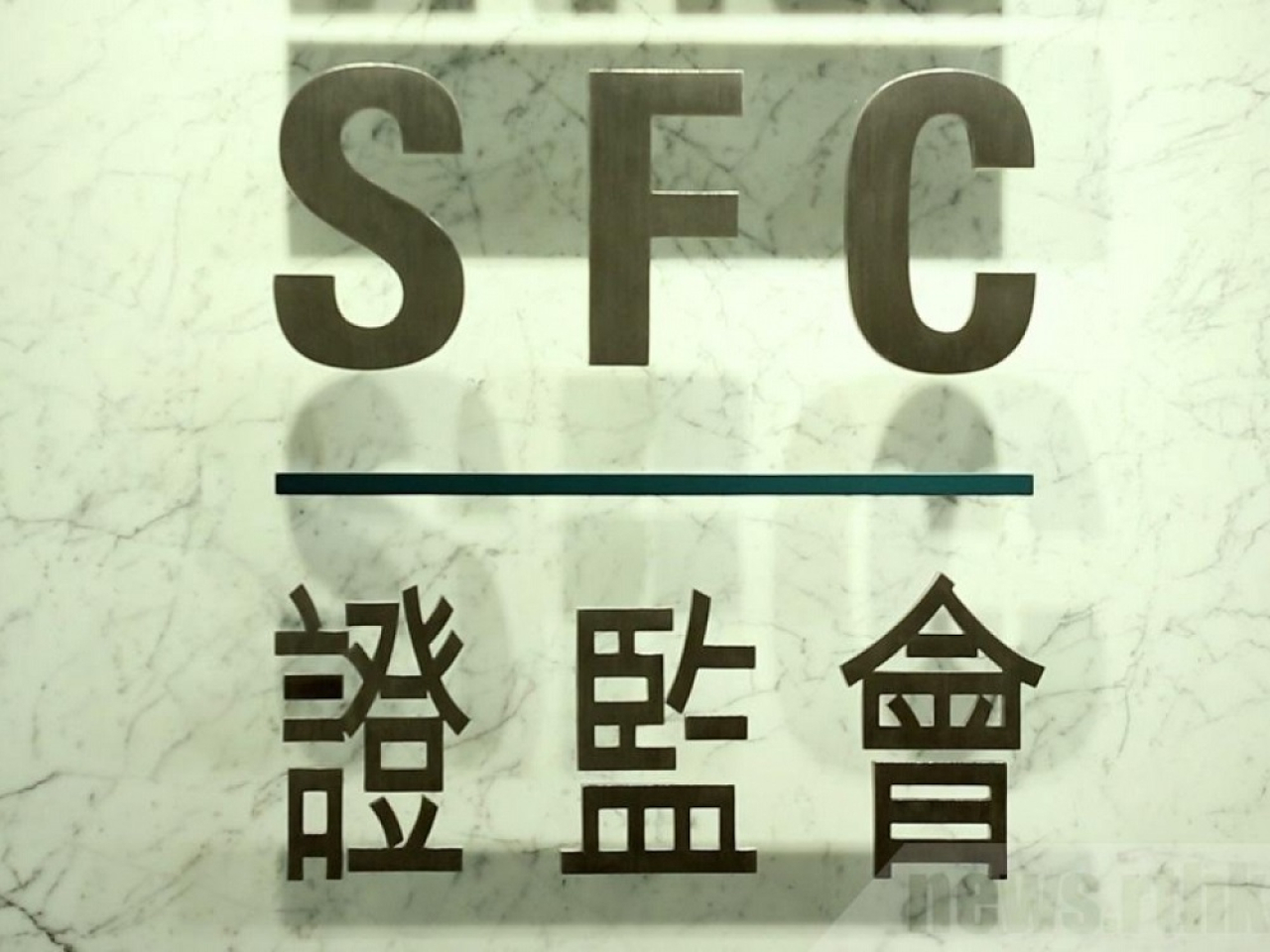Researchers from the Chinese University of Hong Kong (CUHK) say they have identified new treatment strategies for liver cancer after enrolling 47 patients who were resistant to immunotherapy in a one-and-a-half year clinical trial. Immunotherapy, which involves administering drugs to stimulate a patient’s immune system to kill cancer cells, is often used in cases of advanced-stage liver cancer, when surgical tumour removal is no longer a viable treatment option. But Stephen Chan, a clinical oncology professor at CUHK, said that for most patients, even with a good initial response from immunotherapy, resistance would develop after eight to nine months of treatment. He said currently there were no proven effective approaches to treating such patients. “In the real world setting, where we really encounter these types of patients who develop resistance [to immunotherapy], usually we'll use any treatment that is available, including the targeted treatment, radiotherapy, surgery, or some other local treatment,” he said. “But the problem is we don't have any large-scale data.” Chan said the 47 patients participating in the study were treated with targeted drugs, and 76 percent of them were able to keep their condition stable during treatment, and about six percent even saw their tumours shrink. He added that those who had only received one round of immunotherapy before this treatment lived a median of 14.3 months, while in his experience, most patients typically lived only about six to nine months if there’s no effective treatment. Separately, another CUHK research study had reviewed five patients who exhibited resistance to immunotherapy while also receiving radiotherapy between 2016 and 2022. Chan said smaller tumours were also observed among them and some patients even survived longer than 20 months. “Of course, this is a selected population… but because the idea is so novel that we call it proof of concept to guide a new form of therapy to overcome the resistance of immunotherapy,” he said. Moving forward, he said researchers would study the possibility of combining different forms of drug therapy and radiotherapy to mitigate the resistance which develops after the prolonged use of immunotherapy.

Related
Share this page
Guest Posts by Easy Branches





























